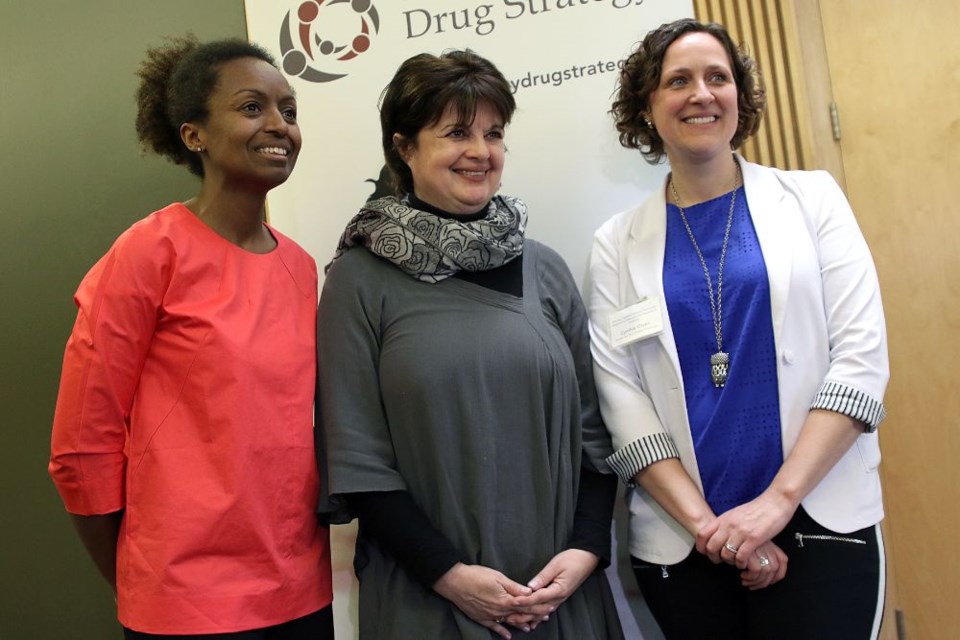THUNDER BAY -- Two years ago, it was estimated about 18 per cent of expectant mothers in Thunder Bay self-identified as having substance abuse problems.
On Monday community partners, led by the Thunder Bay Drug Strategy, took the first steps to address the issue and understand the unique needs of substance-using pregnant women or mothers.
Opiate use is on the rise across the Northwest, and many barriers still exist for women seeking access to care.
While many of the necessary services are in place, at present, too many gaps in communication exist, leading some women to fall through the cracks.
“Certainly we have a multitude of supports in the community and we heard from community service providers that we are doing well in offering supports. What we’re hearing from them also is they want to collaborate more and work and have better communication together,” said Cynthia Olsen, the city’s drug strategy co-ordinator.
It’s a plan that has proven effective in other jurisdictions, including Toronto, where the early intervention program Mothercraft/Breaking the Cycle has helped hundreds of women conquer their addictions during and after pregnancy.
Program director Margaret Leslie said they faced plenty of challenges developing their program and hopefully it will help Thunder Bay avoid making the same mistakes or attempt initiatives that have proven not to work elsewhere.
But it’s not a one-shoe-fits-all solution, she cautioned, noting Toronto may not be the same as Thunder Bay, but there are similarities.
Many of the issues are the same in both communities.
“Many community-service providers were seeing an increase in the families that they saw, where those families were struggling with maternal substance use in pregnancy, children being affected by substance use prenatally and not adequate services to respond to those issues,” Leslie said.
“And as well, children being sometimes removed from the care of their moms because their moms didn’t have access to the supports they needed to be able to make the changes they need to be able to make.”
Seeing so many service providers together in one place is encouraging, she added.
Researcher Naana Jumah, an obstetrician and gynecologist at Thunder Bay Regional Health Sciences Centre, said smaller communities face their own issues when it comes to substance abuse and expectant mothers.
She’s been conducting research in the region, and said often women associated with substance abuse can face shame.
How to remove the stigma is one issue that must be dealt with, Jumah said.
“The other issue is what do we do with all these women who have to leave their home and leave their families to come to Thunder Bay and other communities to deliver because there aren’t birth services in
their home communities?” Jumah said.
Often they arrive by themselves, with no support from family or friends.
Monday’s meeting was the second phase in gathering a response to the problem A year ago a study was conducted that identified risk factors and barriers that make women vulnerable to substance abuse, current trends and best practice models.
